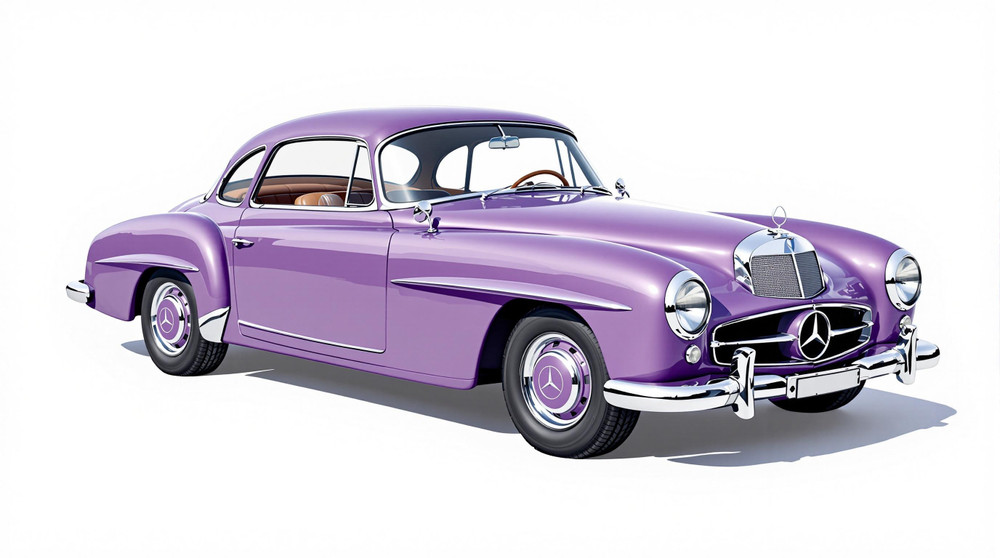Image of 1957 Mercedes-Benz 300s, Note: These illustrations use artistic license and may differ from actual historical models.
Performance Metrics
Fundamental Metrics
Emotional Appeal
MMP Rating
| Engine Specifications | |
|---|---|
| Engine Options: | Inline 6 |
| Displacement Range: | 2996 cc |
| Horsepower Range: | 150-175 hp |
| Torque: | 216 lb-ft |
| Compression Ratio: | 7.8:1 |
| Ignition System: | Bosch mechanical fuel injection |
| Cooling System: | Water-cooled |
| Performance Specifications | |
| 0-60 Time: | 13 seconds |
| 1/4 Mile Time: | Not available |
| Top Speed: | 110 mph |
| Transmission and Drive | |
| Drive Type: | Rear-wheel drive |
| Transmission Type: | 4-speed manual |
| Fuel and Efficiency | |
| Fuel System Type: | Fuel injection |
| MPG: | 15-20 mpg (estimated) |
| Dimensions and Brakes | |
| Brakes: | Drum brakes |
| Wheelbase: | 120 inches |
| Weight: | 3700 lbs |
Note: Specifications for classic cars are given to the best of our ability, considering the limited and variant data available.
Unveiling the Epitome of Luxury: The 1957 Mercedes-Benz 300S
Stepping into the limelight with an aura of elegance, the 1957 Mercedes-Benz 300S is a paragon of automotive excellence. Born from the storied halls of the German automaker, this vehicle is a testament to Mercedes-Benz's commitment to luxury and performance. At a time when the world was transitioning from post-war recovery to economic prosperity, the 300S emerged as a symbol of success and sophistication. Notably, it was during this era that the legendary Argentine racer Juan Manuel Fangio clinched his fifth Formula One World Championship driving for Mercedes-Benz, further cementing the brand's legacy in both luxury and motorsport.
Design and Innovation: A Symphony of Style and Substance
The exterior of the 1957 Mercedes-Benz 300S exudes a timeless allure, with its sweeping lines and poised stance. The vehicle's chrome accents glint under the sun, highlighting its meticulous craftsmanship. Inside, passengers are enveloped in an opulent cabin adorned with rich leather upholstery and polished wood trim, showcasing an uncompromising attention to detail. Technologically advanced for its time, the 300S featured innovations such as fuel injection—a rarity among road cars in that era. Color options ranged from deep blacks to vibrant reds, with classic silver often chosen to accentuate its sleek form. Among its various body styles, including coupe, cabriolet, and roadster, the roadster remains an iconic favorite for its open-air grandeur.
Historical Significance: A Trailblazer in Automotive Excellence
The Mercedes-Benz 300S set new benchmarks in automotive design and technology. It stood apart from its contemporaries with features like independent suspension and a powerful engine that offered a smooth yet spirited drive. Its influence can be seen in subsequent generations of luxury vehicles that strive to balance comfort with performance.
Performance and Handling: Engineering Mastery at Play
Underneath its bonnet lay a robust 3.0-liter engine capable of propelling the 300S to impressive speeds for its time. With a top speed nearing 115 mph and acceleration from 0-60 mph in around 13 seconds, it was among the fastest luxury cars of its day. Handling was equally refined; the car navigated bends with poise and absorbed road imperfections gracefully—delivering an exhilarating yet composed driving experience.
Ownership Experience: Beyond Mere Transportation
Beyond its show-stopping looks, the 1957 Mercedes-Benz 300S found use as a daily driver for the elite and as a coveted showpiece at prestigious events. Maintenance requires a meticulous hand, often entrusted to specialists familiar with vintage Mercedes-Benz intricacies. Reliability is commendable when properly cared for, though parts can be scarce due to its rarity.
Fun Facts: The Legacy Lives On
The 300S has graced many collections worldwide, including those of celebrities like Elvis Presley. While not known for breaking speed records, it has set benchmarks in luxury and continues to be a sought-after piece at classic car auctions. Criticisms are few but often point to its exclusivity and consequent high maintenance costs.
Collector's Information: An Investment in Automotive Royalty
Today's collectors vie for the chance to own one of these majestic vehicles; however, exact production numbers remain elusive with estimates suggesting fewer than 600 units across all body styles were made. Values vary widely but can reach well into six figures depending on provenance and condition—reflecting an appreciation trend for this timeless classic.
Conclusion: A Testament to Timeless Elegance
The 1957 Mercedes-Benz 300S stands as more than just a car; it is a piece of history—a confluence of artistry, innovation, and performance that continues to captivate enthusiasts around the globe. As we look back on this automotive masterpiece, it remains clear that some legends truly are built to last.
1957 Mercedes-Benz 300s Catalog of Parts
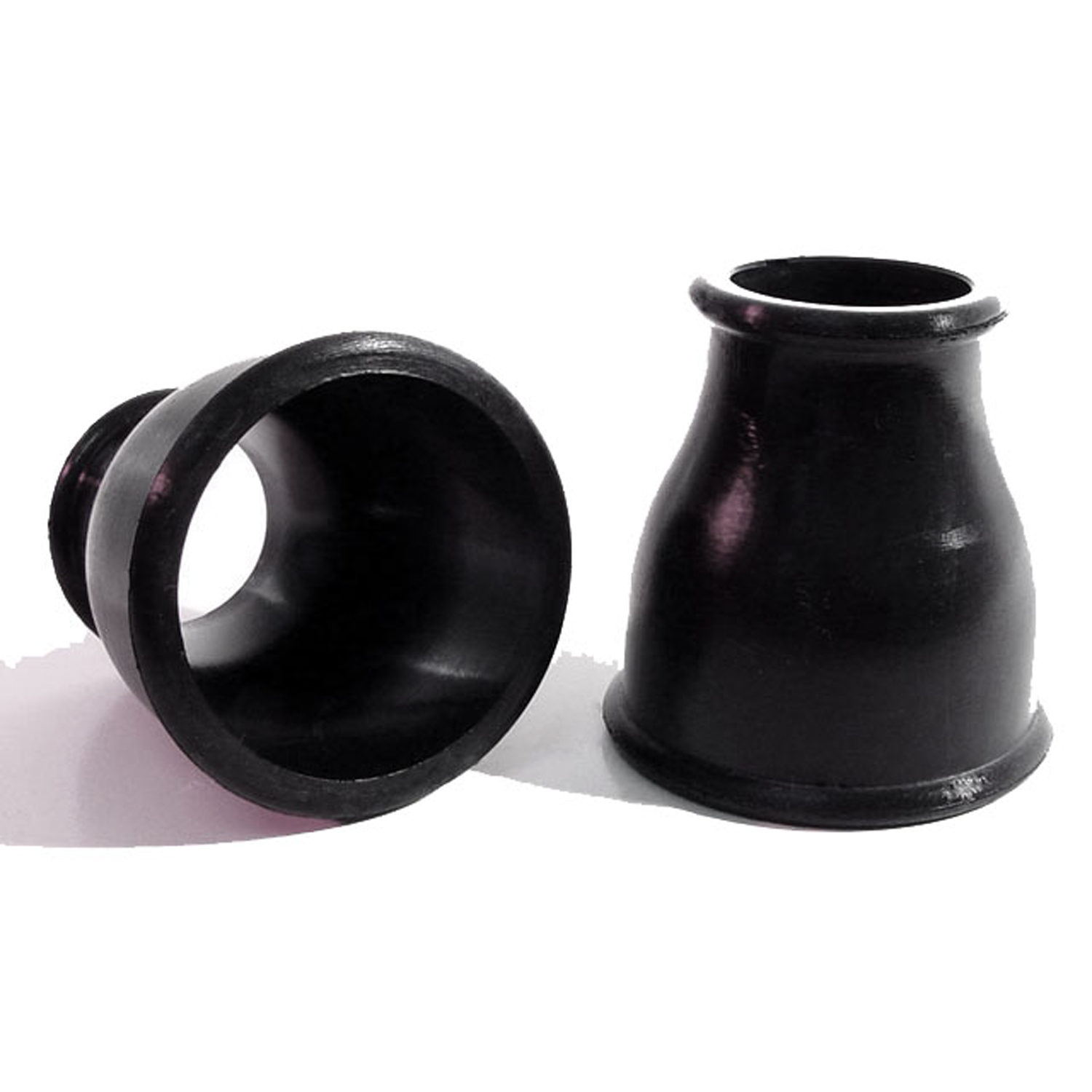 1957 Mercedes-Benz 300S Hand Brake Lever Boot-BL 15Hand Brake Lever Boot. 2-5/16" high, 1-1/8" top hole, 1-7/8" bottom hole. Pair
1957 Mercedes-Benz 300S Hand Brake Lever Boot-BL 15Hand Brake Lever Boot. 2-5/16" high, 1-1/8" top hole, 1-7/8" bottom hole. Pair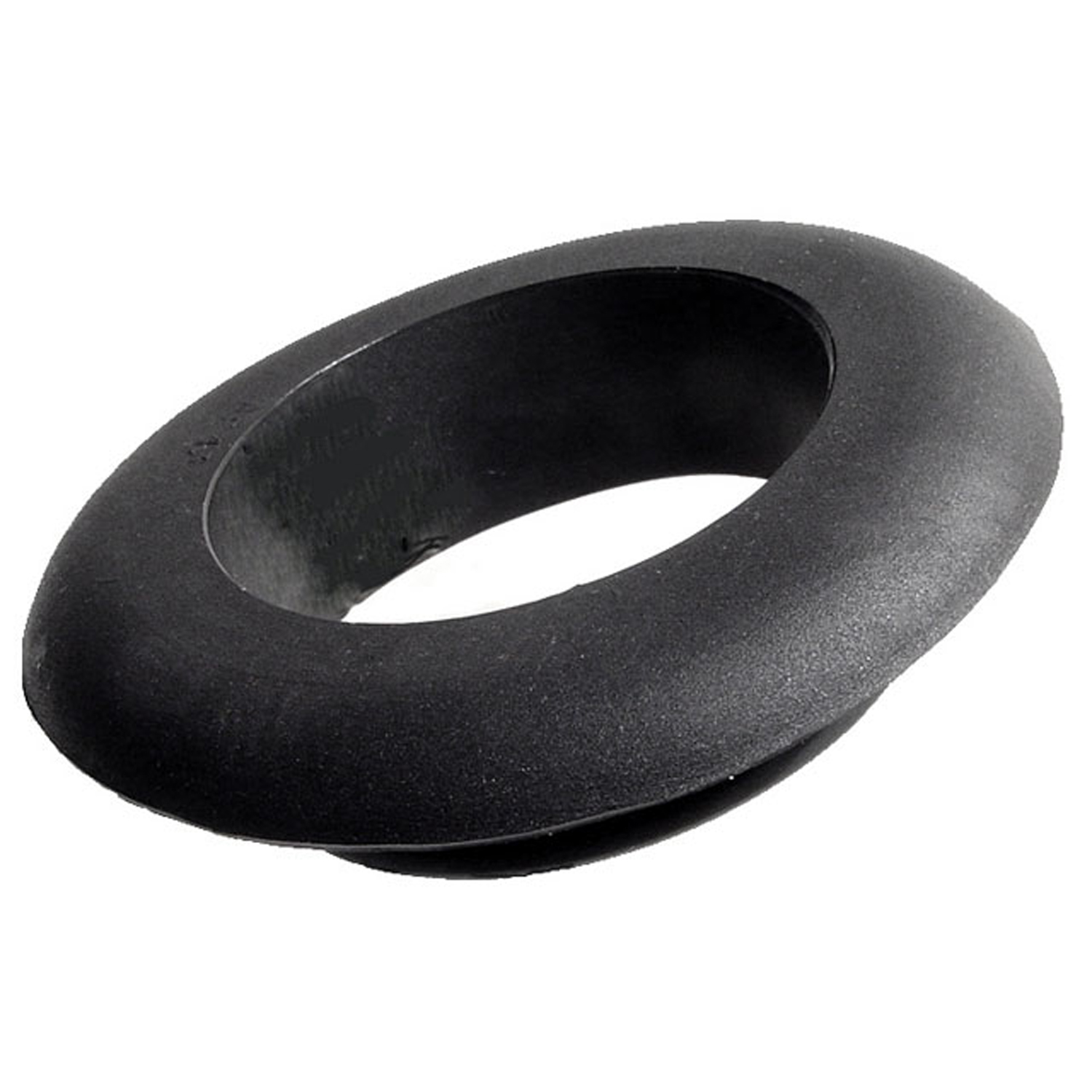 1957 Mercedes-Benz 300S Gas Filler Grommet. Perfect reproduction. Made with flange-GF 43Gas Filler Grommet. Perfect reproduction. Made with flange. 2-1/4" I.D., 3-7/8" O.D. Each
1957 Mercedes-Benz 300S Gas Filler Grommet. Perfect reproduction. Made with flange-GF 43Gas Filler Grommet. Perfect reproduction. Made with flange. 2-1/4" I.D., 3-7/8" O.D. Each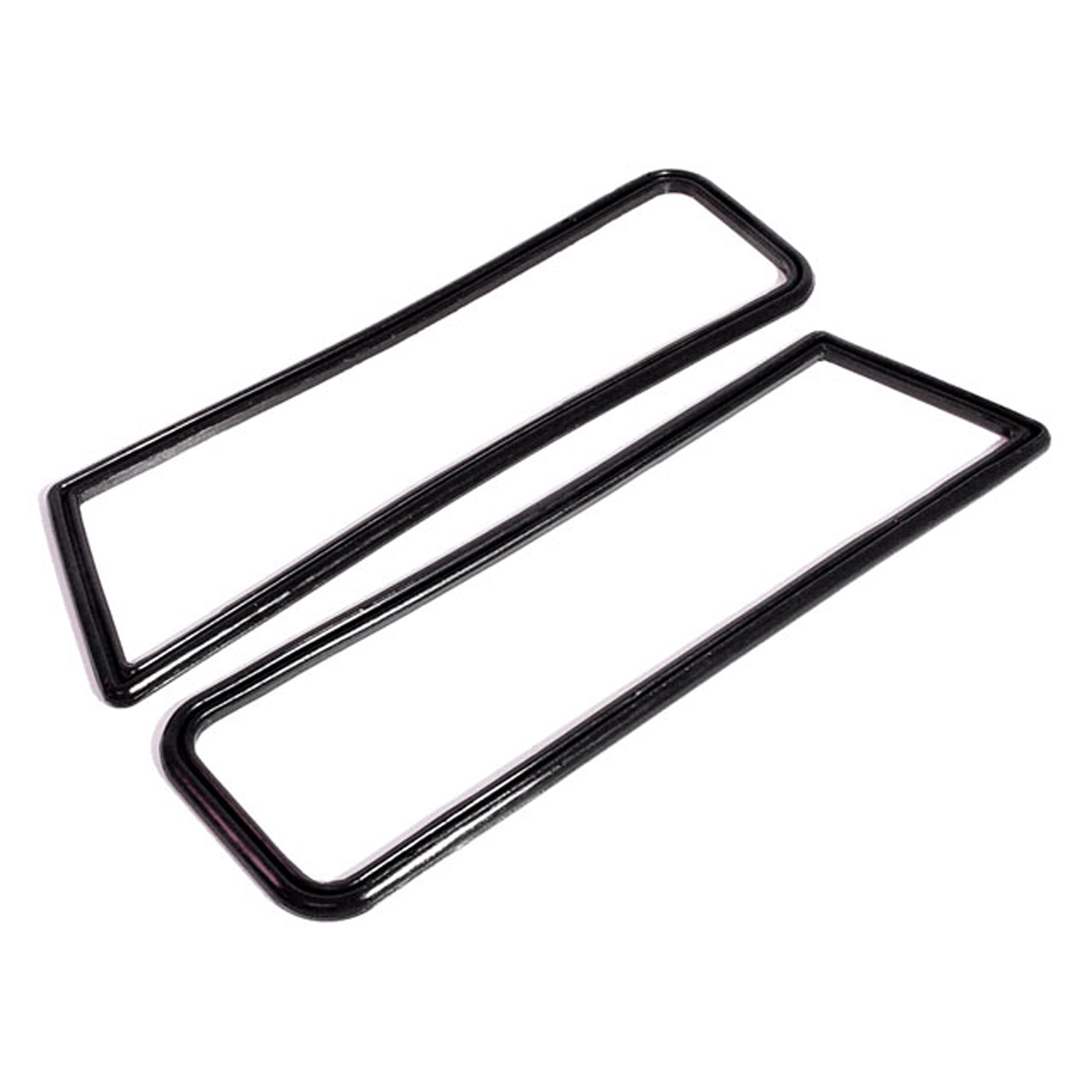 1957 Mercedes-Benz 300S Tail-Light Seals, Black. Pair-MB 50Tail-Light Seals, Black. Pair
1957 Mercedes-Benz 300S Tail-Light Seals, Black. Pair-MB 50Tail-Light Seals, Black. Pair 1957 Mercedes-Benz 300S Tail-Light Seals, Gray Rubber. Pair-MB 50-ATail-Light Seals, Gray Rubber. Pair
1957 Mercedes-Benz 300S Tail-Light Seals, Gray Rubber. Pair-MB 50-ATail-Light Seals, Gray Rubber. Pair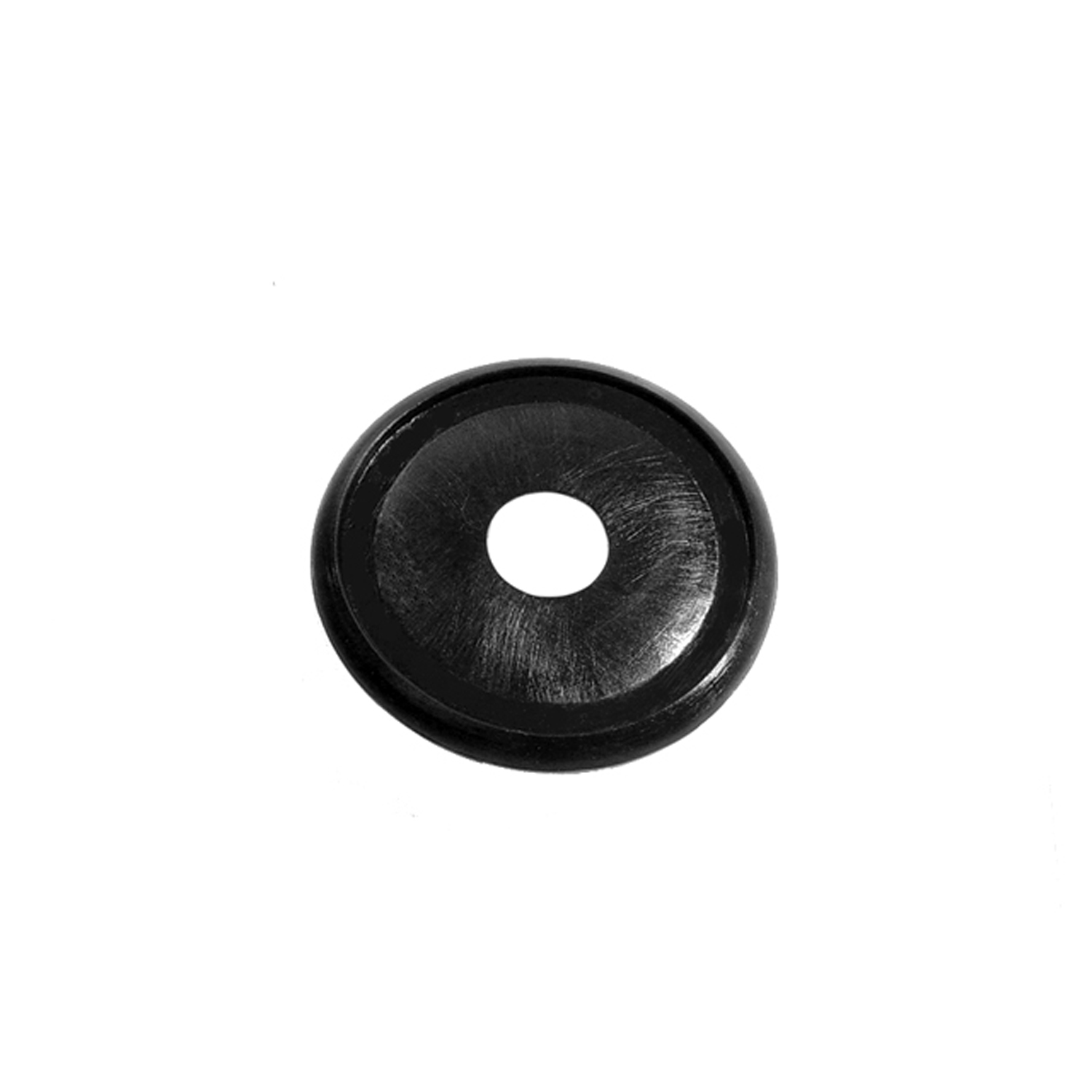 1957 Mercedes-Benz 300S Fog Light Base Mounting Pad. 2-1/4" O.D., 1/2" I.D. Each-MB 50-BFog Light Base Mounting Pad. 2-1/4" O.D., 1/2" I.D. Each
1957 Mercedes-Benz 300S Fog Light Base Mounting Pad. 2-1/4" O.D., 1/2" I.D. Each-MB 50-BFog Light Base Mounting Pad. 2-1/4" O.D., 1/2" I.D. Each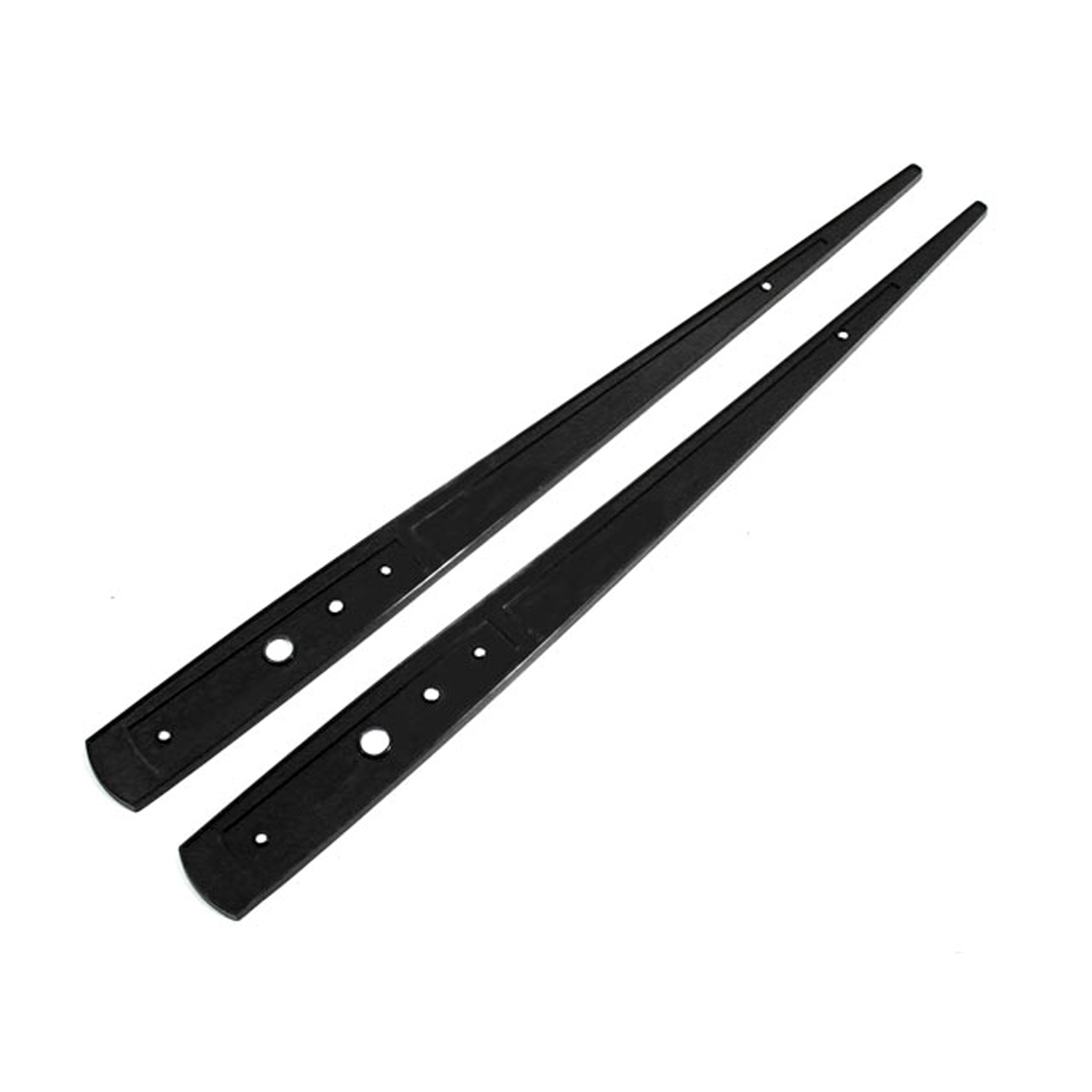 1957 Mercedes-Benz 300S Front Turn Signal Pads. 2-1/8" wide X 25-7/8" long. Pair-MP 824-UFront Turn Signal Pads. 2-1/8" wide X 25-7/8" long. Pair
1957 Mercedes-Benz 300S Front Turn Signal Pads. 2-1/8" wide X 25-7/8" long. Pair-MP 824-UFront Turn Signal Pads. 2-1/8" wide X 25-7/8" long. Pair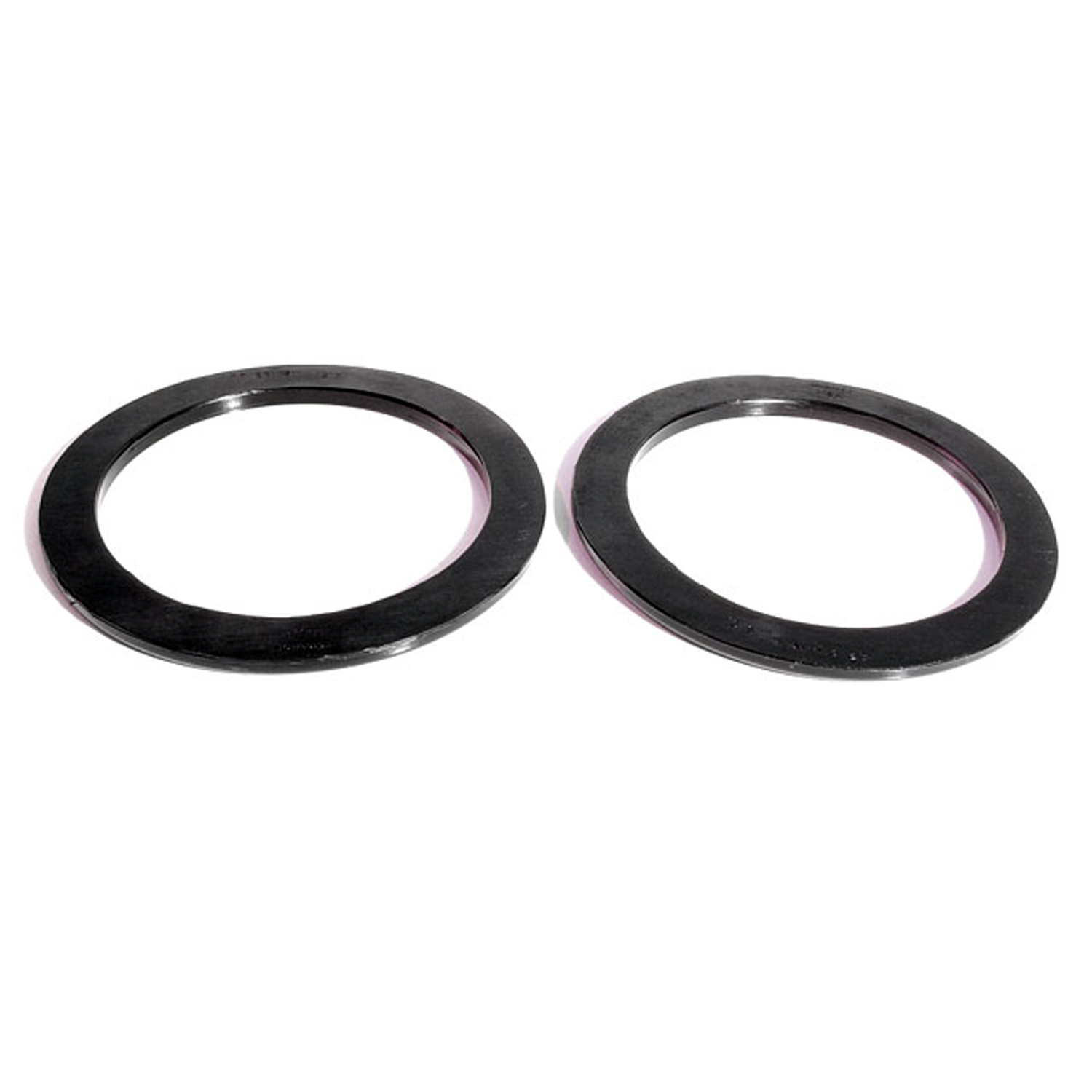 1957 Mercedes-Benz 300S Coil Spring Pads. 4" I.D., 5-1/2" O.D. Pair-RP 23-MCoil Spring Pads. 4" I.D., 5-1/2" O.D. Pair
1957 Mercedes-Benz 300S Coil Spring Pads. 4" I.D., 5-1/2" O.D. Pair-RP 23-MCoil Spring Pads. 4" I.D., 5-1/2" O.D. Pair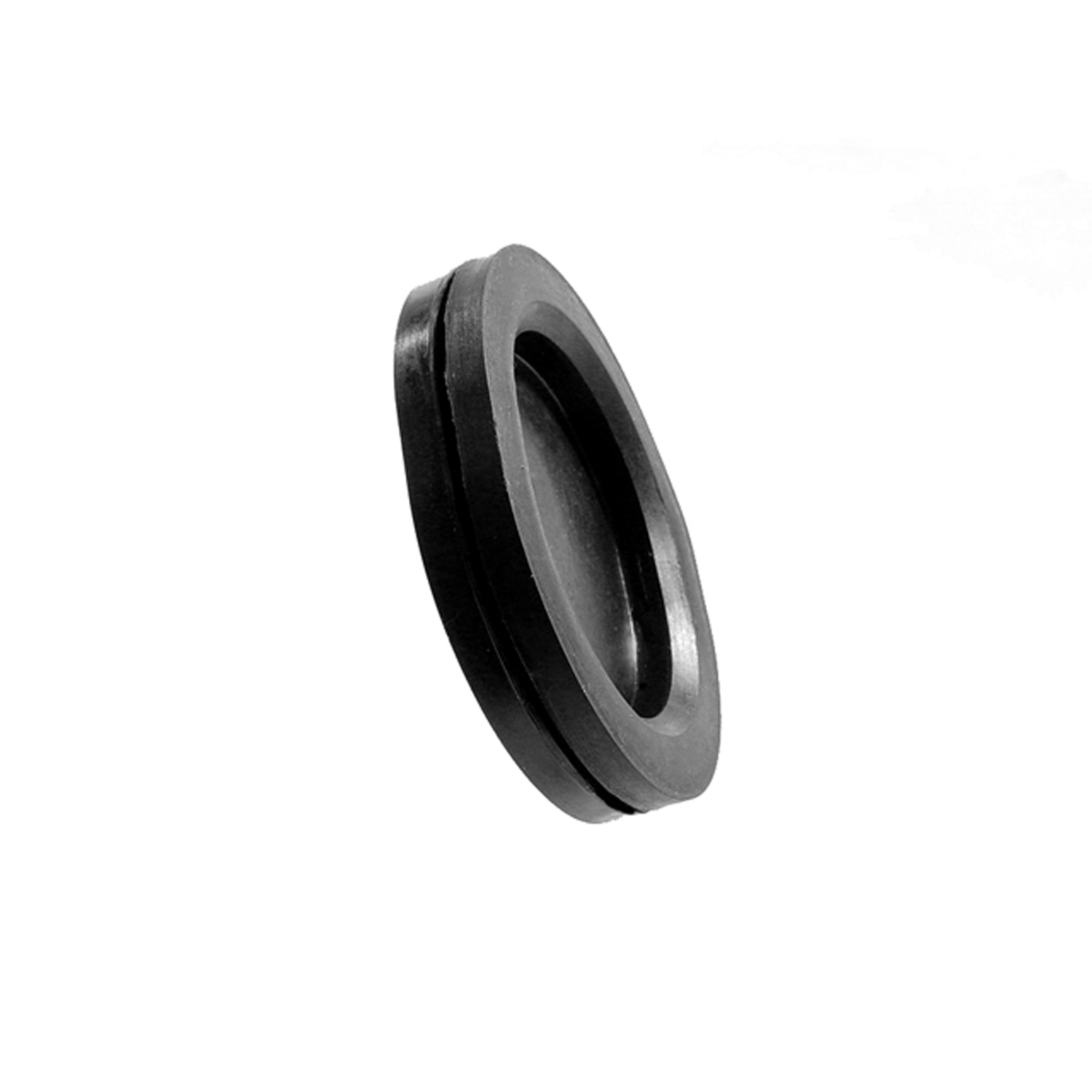 1957 Mercedes-Benz 300S Parking Brake Grommet. 2-3/8" X 2-1/8"-SM 84-DParking Brake Grommet. 2-3/8" X 2-1/8". Fits 1-7/8" X 1-5/8" Hole. Each
1957 Mercedes-Benz 300S Parking Brake Grommet. 2-3/8" X 2-1/8"-SM 84-DParking Brake Grommet. 2-3/8" X 2-1/8". Fits 1-7/8" X 1-5/8" Hole. Each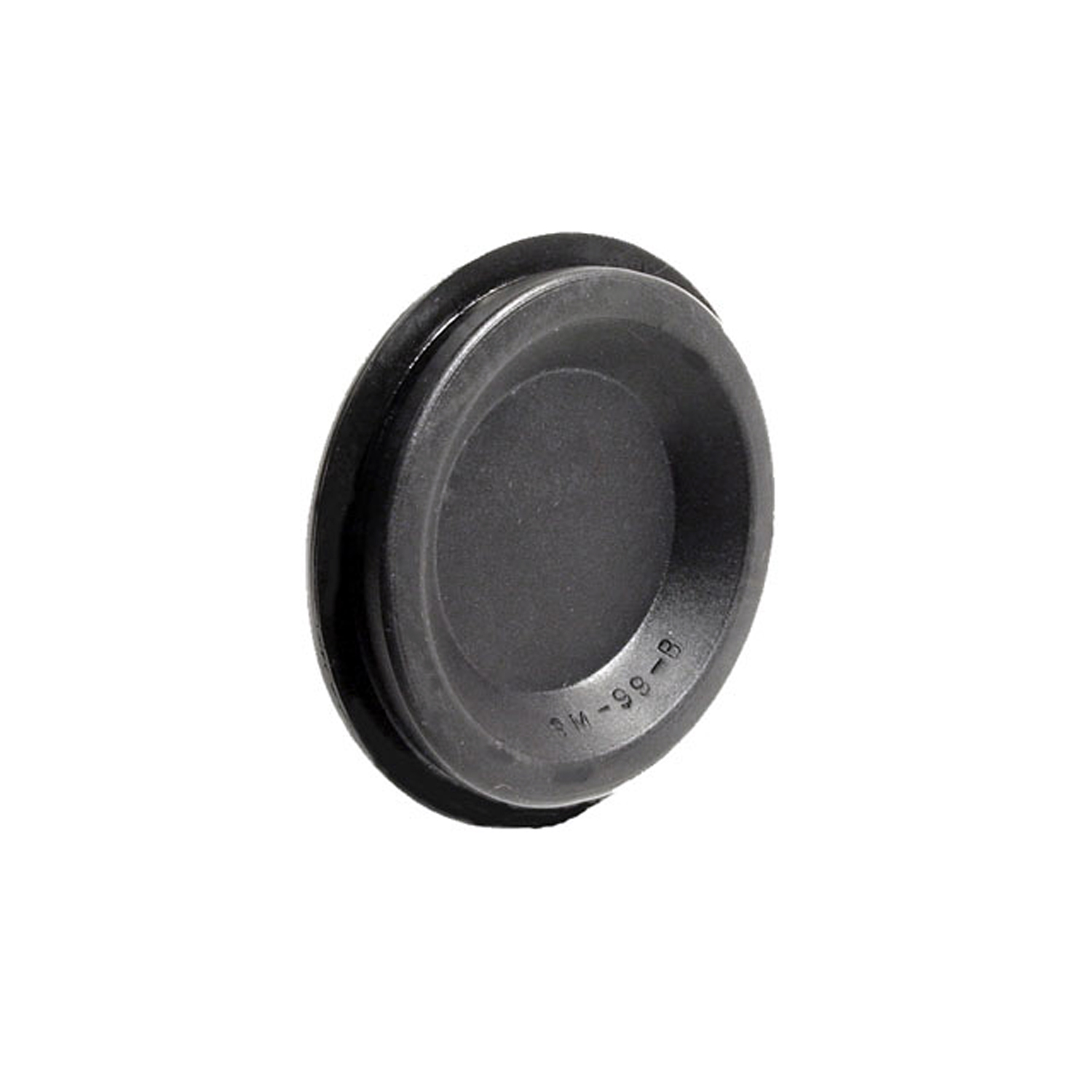 1957 Mercedes-Benz 300S Large Hole Plug-SM 99-BLarge Hole Plug. Used for holes over gas tank bolts in trunk and holes over rear shocks. Fits a 2-7/16" hole. Uses up to six per car. Each
1957 Mercedes-Benz 300S Large Hole Plug-SM 99-BLarge Hole Plug. Used for holes over gas tank bolts in trunk and holes over rear shocks. Fits a 2-7/16" hole. Uses up to six per car. Each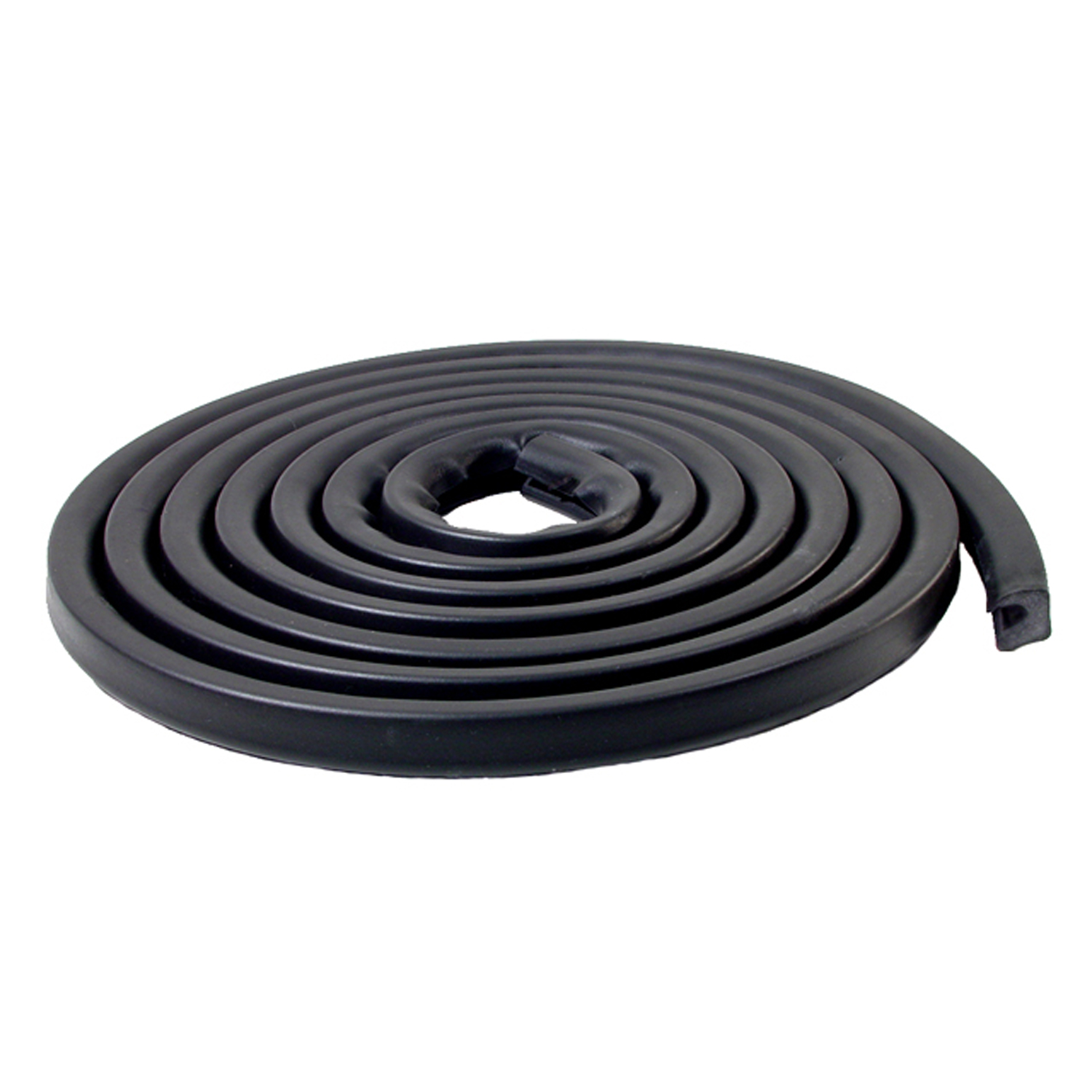 1957 Mercedes-Benz 300S Trunk Seal. Each-TK 63-M/15Trunk Seal. Each
1957 Mercedes-Benz 300S Trunk Seal. Each-TK 63-M/15Trunk Seal. Each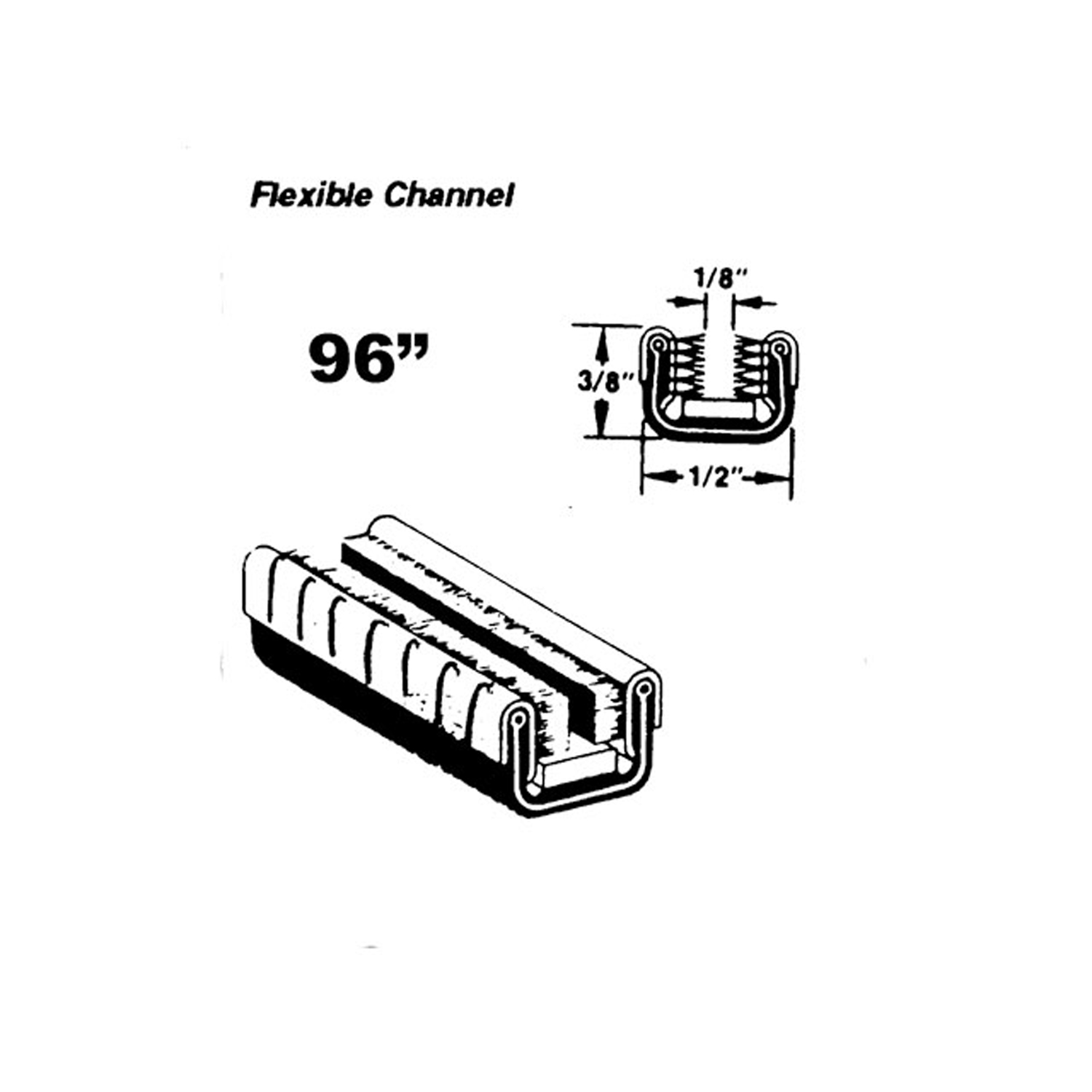 1957 Mercedes-Benz 300S Flexible glass-run channel. Rubber covered and pile lined-WC 12-96Flexible glass-run channel. Rubber covered and pile lined. Unbeaded. 96 in. long. Each. NOTE: $20 special shipping charge applies for domestic orders. Call or email for overseas shipping costs. Part can be sectioned in two or three equal lengths to reduce overseas shipping costs.
1957 Mercedes-Benz 300S Flexible glass-run channel. Rubber covered and pile lined-WC 12-96Flexible glass-run channel. Rubber covered and pile lined. Unbeaded. 96 in. long. Each. NOTE: $20 special shipping charge applies for domestic orders. Call or email for overseas shipping costs. Part can be sectioned in two or three equal lengths to reduce overseas shipping costs.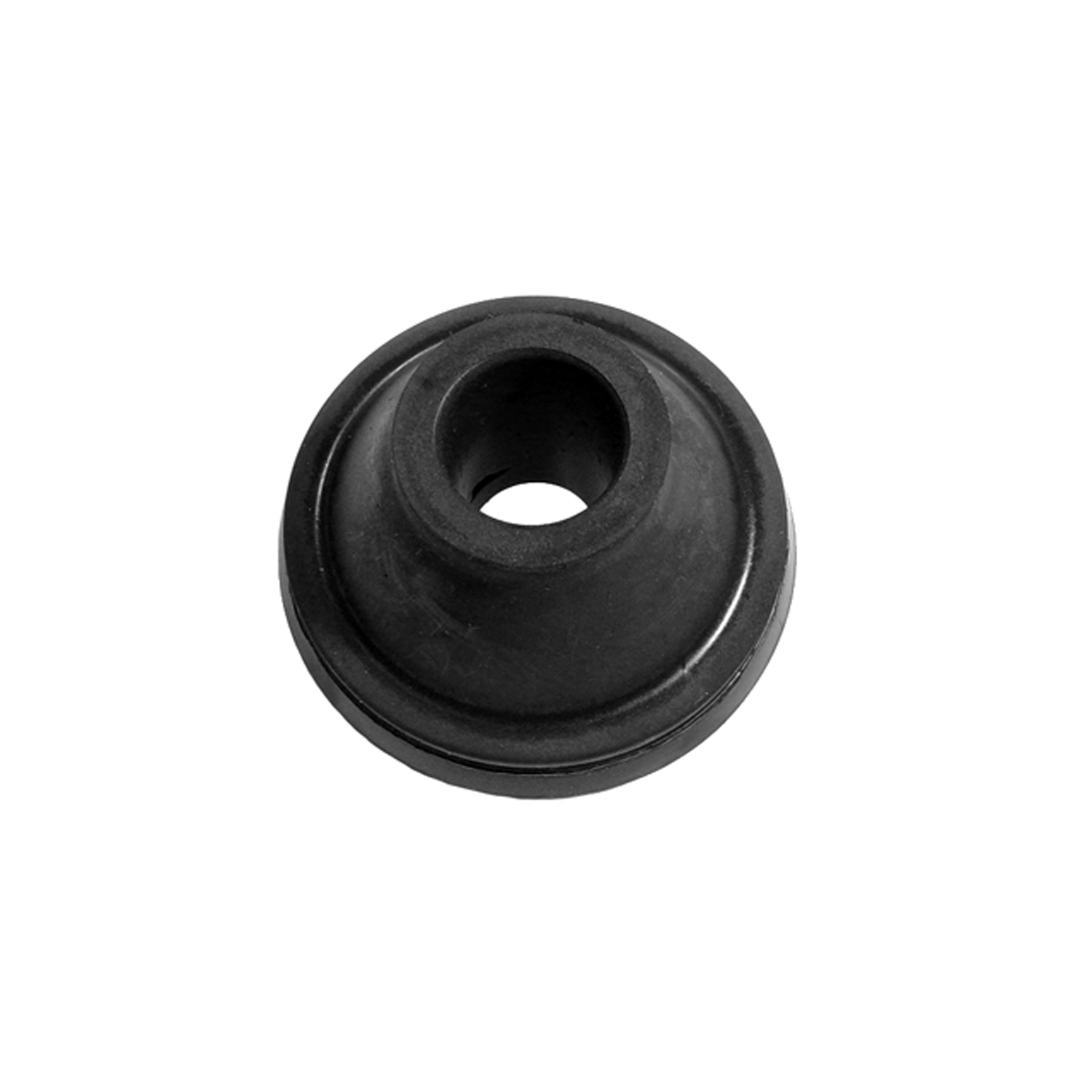 1957 Mercedes-Benz 300S Rear Inside Coil Spring Bumper. Replaces OEM #13632504.44-XB 17-ARear Inside Coil Spring Bumper. Replaces OEM #13632504.44. 3-7/8" Bottom O.D., 2" high. Each
1957 Mercedes-Benz 300S Rear Inside Coil Spring Bumper. Replaces OEM #13632504.44-XB 17-ARear Inside Coil Spring Bumper. Replaces OEM #13632504.44. 3-7/8" Bottom O.D., 2" high. Each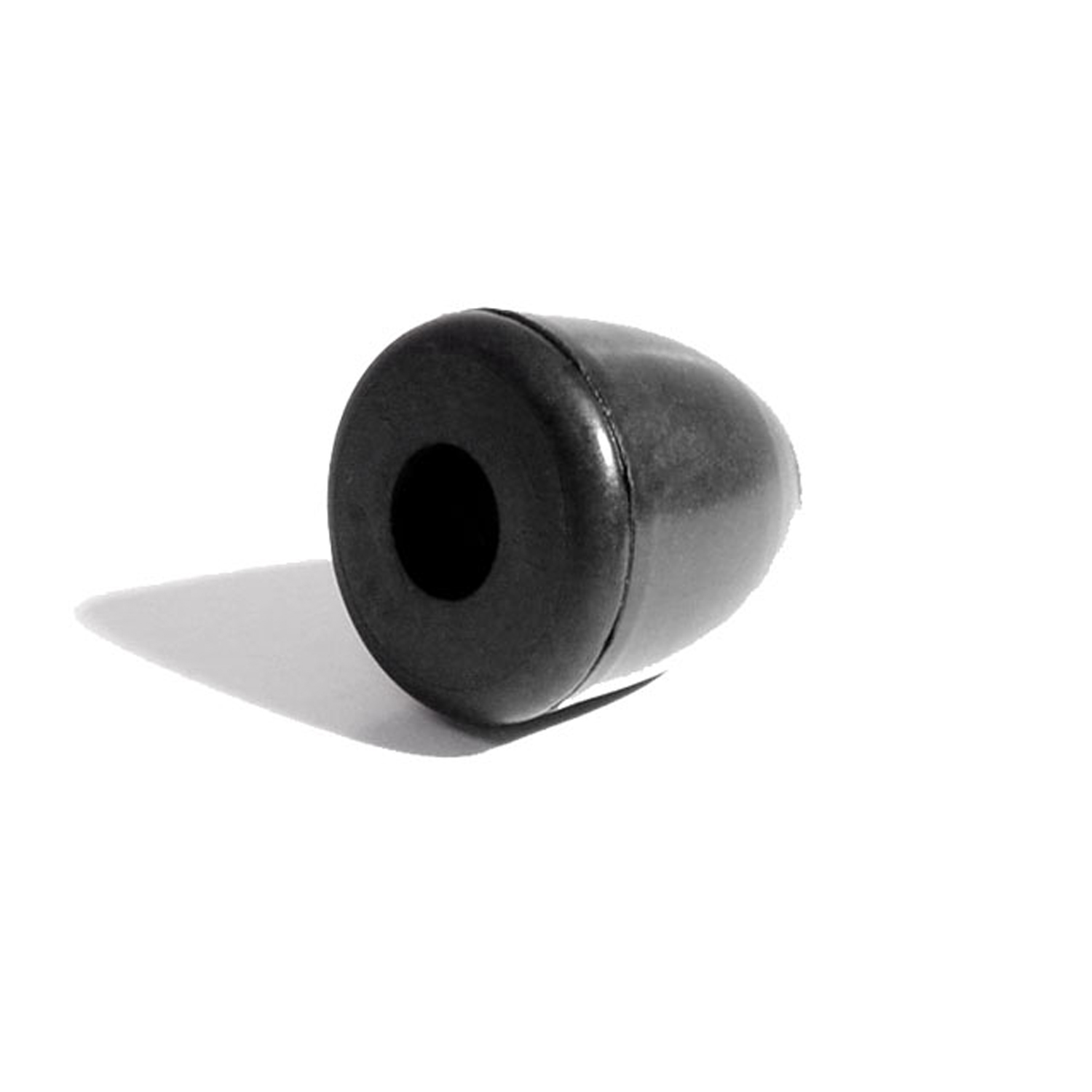 1957 Mercedes-Benz 300S Front Suspension Bumper. Four used per car-XB 35Front Suspension Bumper. Four used per car. Replaces OEM #1823330065. 2-1/4" high. Each
1957 Mercedes-Benz 300S Front Suspension Bumper. Four used per car-XB 35Front Suspension Bumper. Four used per car. Replaces OEM #1823330065. 2-1/4" high. Each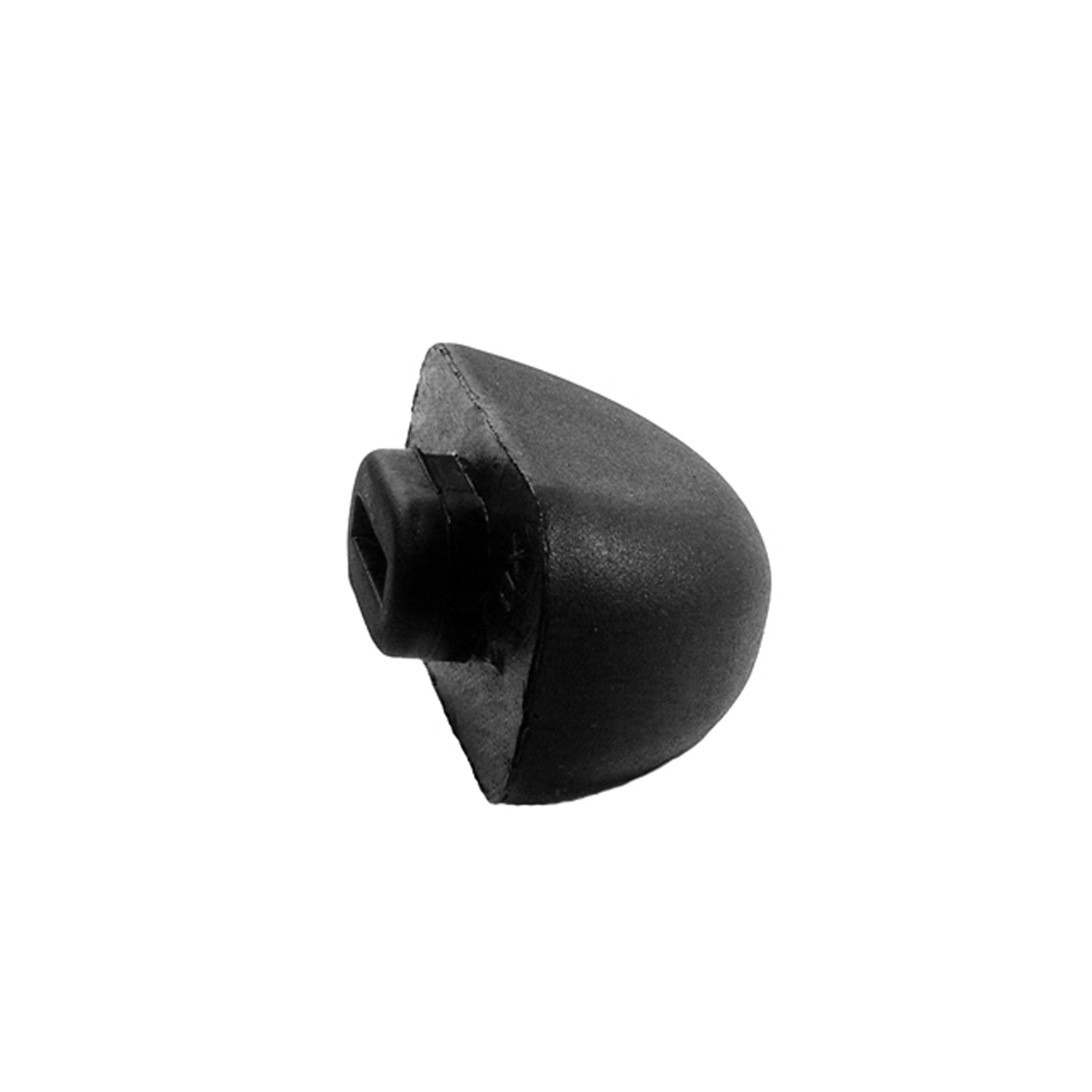 1957 Mercedes-Benz 300S Upper Arm Front Suspension Bumper-XB 35-AUpper Arm Front Suspension Bumper. For Convertibles and Sedans. Replaces OEM #181-333-0165. 1-3/4" long, 7/8" wide, 1-1/4" high. Each
1957 Mercedes-Benz 300S Upper Arm Front Suspension Bumper-XB 35-AUpper Arm Front Suspension Bumper. For Convertibles and Sedans. Replaces OEM #181-333-0165. 1-3/4" long, 7/8" wide, 1-1/4" high. EachWhy Choose Metro?
For over 100 years, Metro Moulded Parts has been the pinnacle of quality in classic car restoration parts. Our commitment to precision and authenticity in every component ensures a perfect fit and an OEM-level appearance.
- Expert Craftsmanship & Quality: Each part is a testament to our dedication to reliability and perfection, crafted from original designs and thoroughly tested.
- Advanced Technology: We use cutting-edge techniques to create flawless, long-lasting parts that surpass others in performance.
- SuperSoft Sponge – The Ultimate Door Seal: Not only are our door seals 30% softer than competitors', but they're also guaranteed to never leak. They effectively reduce wind and road noise, enhancing your classic car's comfort and driving experience.
- Proudly American: Our parts are a product of American craftsmanship, made in the USA with a spirit of excellence and heritage.
- Unrivaled Warranty: We back our products with a 30-year industry-leading warranty, a testament to our confidence in their quality.
Join us in preserving the legacy of classic cars with parts that are crafted for perfection, not just made.

